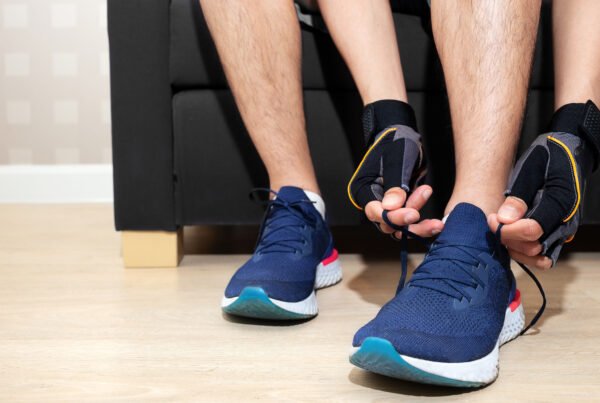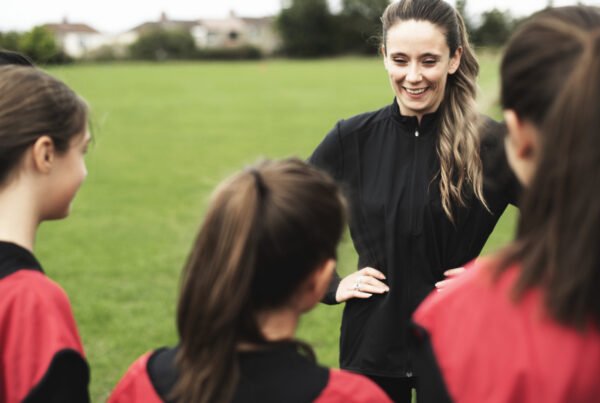Abstract
The report provides evidence on media use, attitudes and understanding among children and young people aged 3-15, providing a comprehensive picture of children’s media experiences in 2019. It also includes findings on parents’ views about their children’s media use, and how they monitor and limit it. The report forms part of a wider programme of work, Making Sense of Media, which aims to help improve the online skills, knowledge and understanding of UK adults and children.
Methodology
The report draws largely from Ofcom’s Children and Parent Literacy Tracker, which has been running since 2005, supported by Ofcom’s Media Lives research, Ofcom’s News Consumption Survey, and data from The Audience Broadcaster’s Research Board (BARB).
Key Findings
Half of ten-year olds now own their own smartphone and by age 15 almost all children own their own smartphone. More children watch video-on-demand (VOD) content than watch live broadcast TV. Youtube is the most popular platform, and although influencers remain popular, 2019 has seen a shift towards ‘micro’ influencers (the ‘vlogger next door’), showing children value the local, relatable lives of their peers. Peer influence also extends into social activism, with an increase in proportion of 12-15 year olds using social media to support positive causes (‘the Greta Effect’). Overall, children feel more positive than negative about social media, but up to 40% of 12-15 year olds say they feel pressure to be popular on these sites all the time. Finally, online gaming is on the increase, especially amongst girls which increased from 39% in 2018 to 48% in 2019.
Interpretation
The increase in online gaming and social media usage will be of concern to some in the health sector, believing it may be substituting for more active leisure activities like sport. There will also be concern about the pressures of social media and the spreading of unsolicited health information that can be found online. However, the power of peer influence suggests social media can also provide opportunities for health organisations to reach young people and influence positive behaviours if they successfully adapt to the changing media landscape. Schools and coaches might consider the best ways to engage young people used to quick on-demand entertainment, as well as provide sport as a relief from the pressures of social media.




